Here is probably the most wide-ranging look at Presidential misbehavior ever published in a magazine.
-
February/March 2021
Volume66Issue2
Anyone who has studied history even casually knows of the previous impeachments of Andrew Johnson, Bill Clinton, and Donald Trump. Now the violent storming of the Capitol has led to a second impeachment of President Trump.
To put the recent events in context, we teamed up with James Banner and dozens of other historians to create an extraordinary issue of American Heritage that provides a broad look at Presidential misbehavior over 230 years of the Republic. Professor Banner is the editor of Presidential Misconduct published by The New Press, which details misconduct in every Presidential administration since George Washington. We have also asked eleven historians to provide assessments of Donald Trump's presidency and recent actions.
Readers will get a deeper appreciation for the Constitutional system of checks and balances when they see how the branches of government struggled to define their respective responsibilities and discharge their duties over the years. They invented an entirely new form of government as they did.
Accusations of misconduct and calls for accountability arose at the start — in George Washington's administration — as Americans gradually awakened to the reality that, as Lance Banning writes in his essay on Washington, “even a balanced government must be constantly guarded against corruption or decay.” Otherwise, “the rule of law will tend increasingly to become a rule of men, and liberty will be lost.”
But accusations of “tyranny” and “public evil” so wounded Washington that it’s not surprising that he warned about the evils of growing factionalism and the threat of sectional confrontation in his Farewell Address.
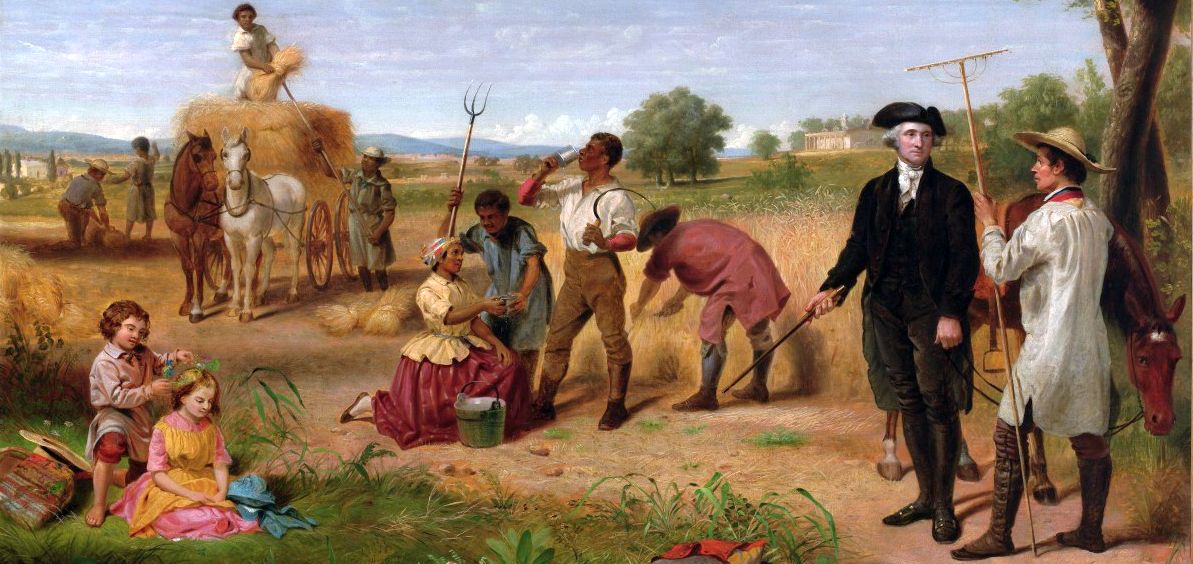
President Thomas Jefferson's Federalist opponents so disapproved of his actions they tried to impeach him over the appointment of a tax collector in Boston. But the failure of the resolution to pass established a precedent setting a limit for Congressional interference in specific actions by the Executive branch.
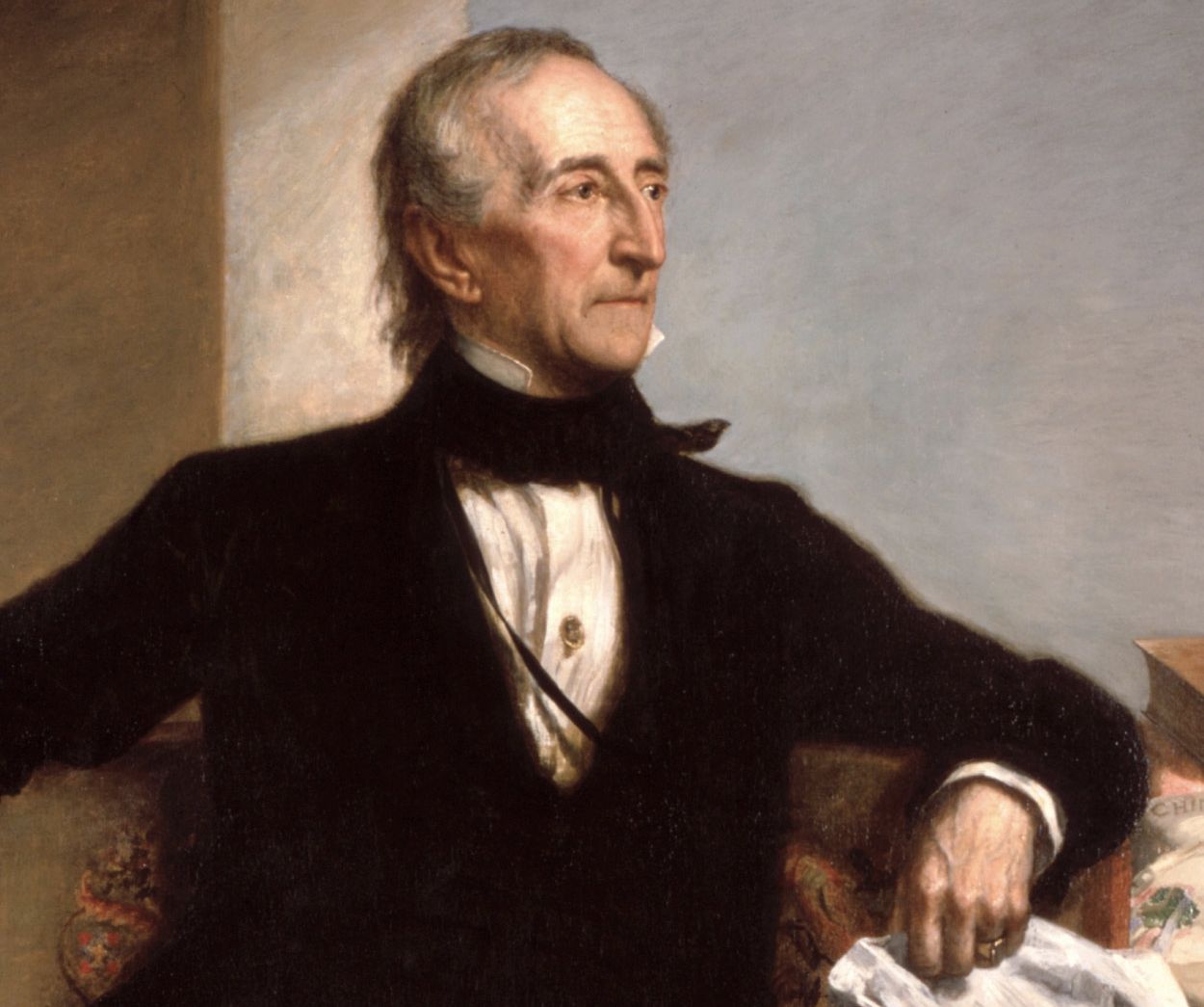
Four decades later, during debate over the actions of President Tyler, John Quincy Adams and many others in Congress felt that he should be impeached for issuing too many vetoes. Presidents should be “dependent upon and responsible to” Congress, they argued.
When Tyler denied the charges, his protest itself was deemed an impeachable offense. The impeachment resolution for Tyler cited, among other things, his withholding information that Congress had requested and failing to lead “with advantage, honor or virtue.”
Although the Tyler impeachment resolution didn't pass, the debate surrounding it provides a fascinating look at how the relationship between Congress and the Presidency evolved, as seen in the essay on Tyler in this issue by the University of Virginia professor Michael Holt.
As the American economy and government grew, so did opportunities for mischief by officials. James Buchanan complained about the “hosts of contractors, speculators, stock jobbers, & lobby members which haunt the halls of Congress... to get their arms in the public Treasury.”
But as a southern-sympathizing Democrat, President Buchanan may have been guilty of one of the most egregious acts of misconduct (or even treason) when he failed to put a halt to the transfer of large qualities of Federal weapons to Southern armories by his Secretary of War, John B. Floyd, in the months before the Civil War broke out, as Michael Holt relates in his essay. A few months after being dismissed from the Cabinet, Floyd was appointed a general in the Confederate Army, only to disgrace himself again commanding troops against Gen. Ulysses S Grant at the battle of Fort Donelson.
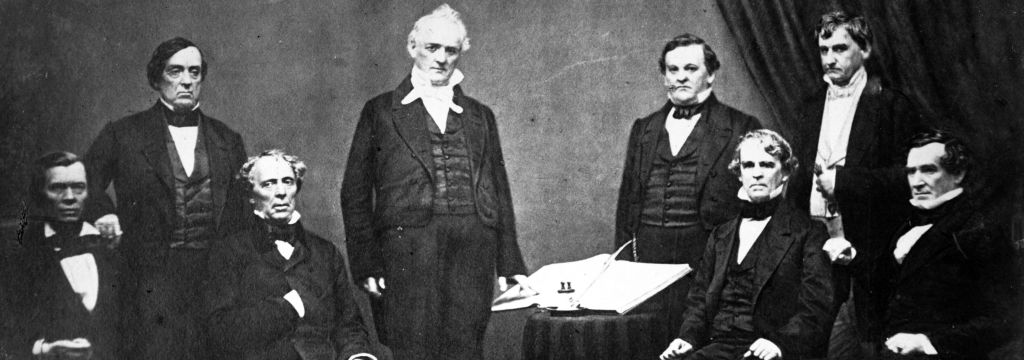
In addition to malfeasance, we also see acts of political courage. When Simon Cameron, Lincoln's first Secretary of War, was found to have acted corruptly in the awarding of contracts for procurements at the start of the Civil War, President Lincoln took responsibility for actions he hadn't been aware of. He reminded his department heads they were “equally responsible with him for whatever error, wrong, or fault was committed in the premises,” as Stephen Oates recalls in his essay on the misdeeds in Lincoln's cabinet. Lincoln appointed the hardnosed lawyer Edwin Stanton to clean up the mess left by Cameron.
After the Civil War, Andrew Johnson used his pardon power to restore the political and economic rights of virtually all white southerners, angering Republicans in Congress and setting off efforts to impeach him as William McFeeley relates in this issue.
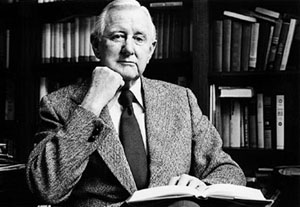
Responsible for a low point in Presidential behavior, Ulysses S. Grant was reprimanded for not firing his corrupt staffer, Orville Babcock, in the "Whiskey Ring" bribery scandal.
Rutherford B. Hayes was widely thought to have stolen the 1876 election from Samuel Tilden, who won a clear popular majority and claimed 184 electoral votes. Hayes won the presidency ultimately because a specially constituted electoral commission decided along strict party lines in his favor, following the notorious Compromise of 1877 in which Republican negotiators promised to withdraw federal troops from the South, ending Reconstruction.
Grover Cleveland's Attorney General Augustus Garland appears to have used the full power of the Federal government to annul the Bell patents to the benefit of a rival telephone company in which Garland owned a very large block of shares.
Prior to Watergate, the bribery ring during Warren Harding's administration was regarded as the greatest and most sensational scandal in the history of American politics.
Nearly a century later, the House Committee on the Judiciary was navigating through unchartered waters in May 1974 while investigating Richard M. Nixon. The committee members wanted to know, what other crimes or misdemeanors had Presidents committed in the preceding 185 years?
And what did Congress do about it?

The Committee’s special counsel John Doar asked Yale historian (and American Heritage contributor) C. Vann Woodward to compile a comprehensive report on Presidential misdeeds. He enlisted the help of other respected historians and the team got to work poring over records of decades of Congressional investigations and other documents. They found that, with the exception of William Henry Harrison (who served less than a month), every American president had been accused of misconduct.
Woodard and his colleagues presented their findings in July 1974. But by that time, Nixon had resigned. Unfortunately this monumental historical work was then largely forgotten.
In 2018, when Congress began investigating President Trump for possible impeachment, one of the historians who worked on the original Woodward report, James Banner, remembered the extraordinary work done by his colleagues and set out to update it with essays about administrations after Lyndon Johnson. The result was Presidential Misconduct published by The New Press, which details misdeeds in every Presidential administration since George Washington.
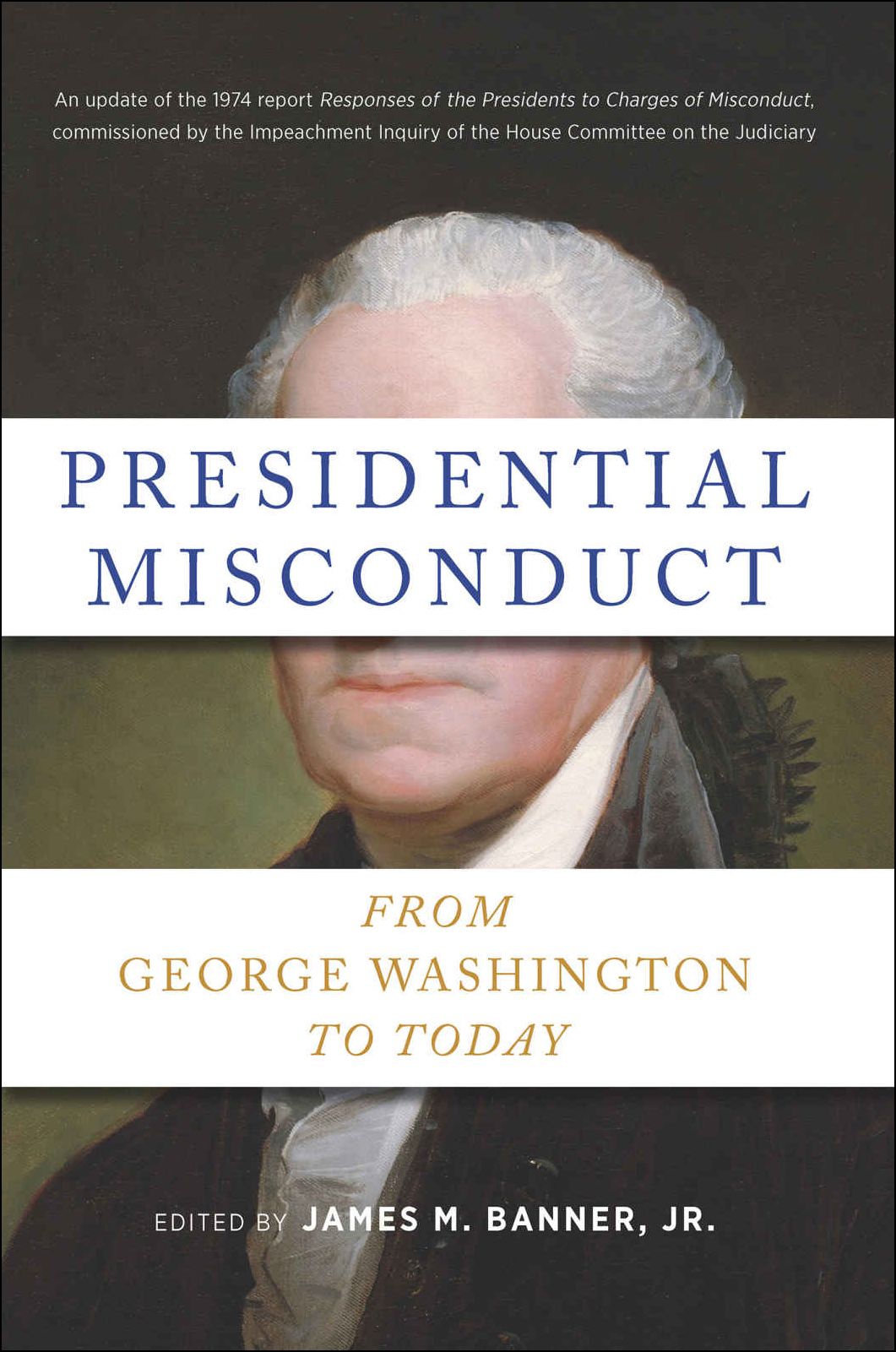
We are delighted to have worked with Professor Banner, his colleagues, and The New Press, to bring highlights of the book to a wider audience with this issue, and bring more visibility to the important historical research compiled by these 17 historians.
In addition to their examination of presidents before Trump, we wondered what other historians would say about events since the last election. So we sent out some inquiries. The response was overwhelming.
In this issue we also include eleven essays reflecting on the Trump presidency we've received. Normally, American Heritage shies away from publishing opinions, but these historians were passionate about recent events.
We tried to find writers both supportive and critical of President Trump. To lead off the series, we asked David Shribman, a Pulitzer Prize-winning journalist who recently retired as executive editor of the Pittsburgh Post-Gazette, to provide a thoughtful and wide-ranging essay with his views of both the achievements and misbehavior of Donald Trump.
We live in challenging and tumultuous times. Hopefully, this examination of our nation's history can provide a valuable perspective.

